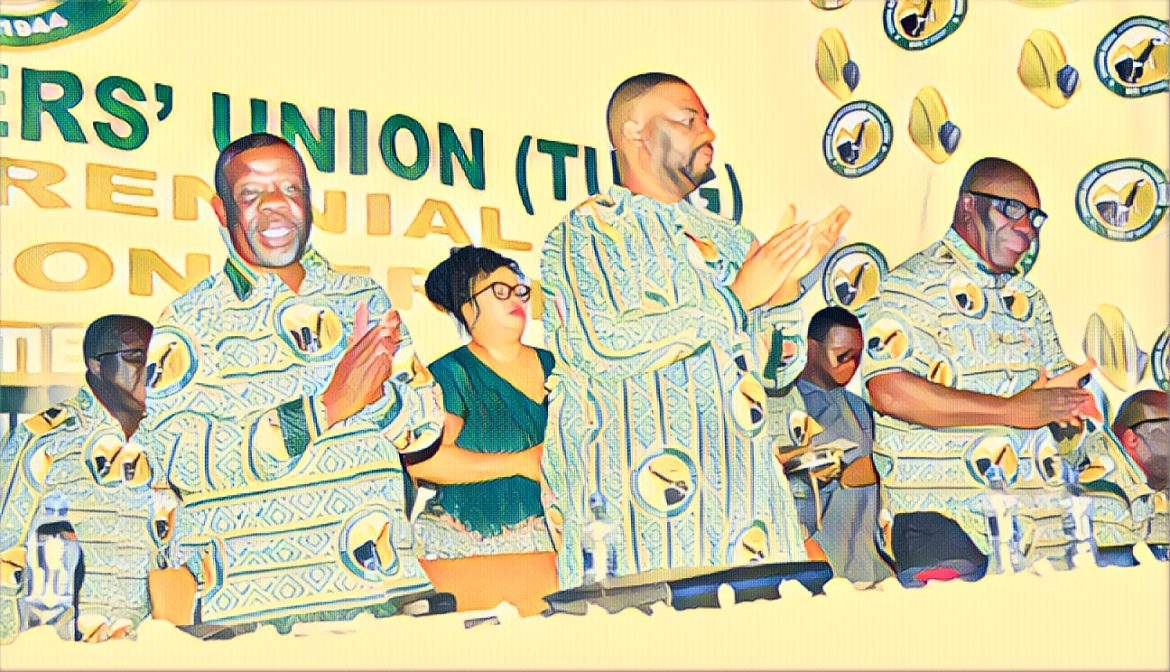Dr Anthony Yaw Baah, Secretary-General of the Trades Union Congress (TUC), delivered a powerful message at the 13th quadrennial delegates conference of the Ghana Mineworkers’ Union (GMU), urging citizens to actively contribute to rescuing the nation’s floundering economy.
During this pivotal gathering in Accra, Dr Baah depicted a precarious economic scenario for Ghana, emphasizing the urgency of the situation. “My understanding of economics, though limited, makes me deeply concerned for our country’s future. We must act now,” he remarked.
The conference, a focal point for discussions on national economic issues, also shed light on constitutional factors exacerbating Ghana’s economic troubles. Dr Baah criticized the 1992 Constitution for granting excessive authority to the presidency. He advocated for constitutional amendments to redistribute power, thereby improving the nation’s fortunes.
According to a report by Daily Graphic, Abdul-Moomin Gbana, General Secretary of the GMU, underscored the critical need for enhanced engagement among stakeholders in the industrial relations field. He stressed the adverse effects of non-standard forms of employment on job security and workers’ rights, calling for an expedited review of the Labour Act 2003 (Act 651).
Raising additional concerns, Kwarko Mensah, Chairman of the GMU, focused on the negative impacts of fixed-term contracts in the mining sector, highlighting their role in creating power imbalances and worker vulnerability. He also pointed out the failure of many mining contractors to make statutory deductions, such as provident fund and social security contributions.
Responding to these issues, Ignatius Baffour Awuah, Minister of Employment and Labour Relations, assured the conference attendees that the government is committed to addressing the challenges faced by employees in the mining industry, particularly those relating to exploitative working conditions and the infringement of workers’ rights.
The conference marks a crucial moment in Ghana’s pursuit of economic and labor reforms, underscoring the imperative for collective action and strategic decision-making to guide the nation toward a more stable and prosperous future.




